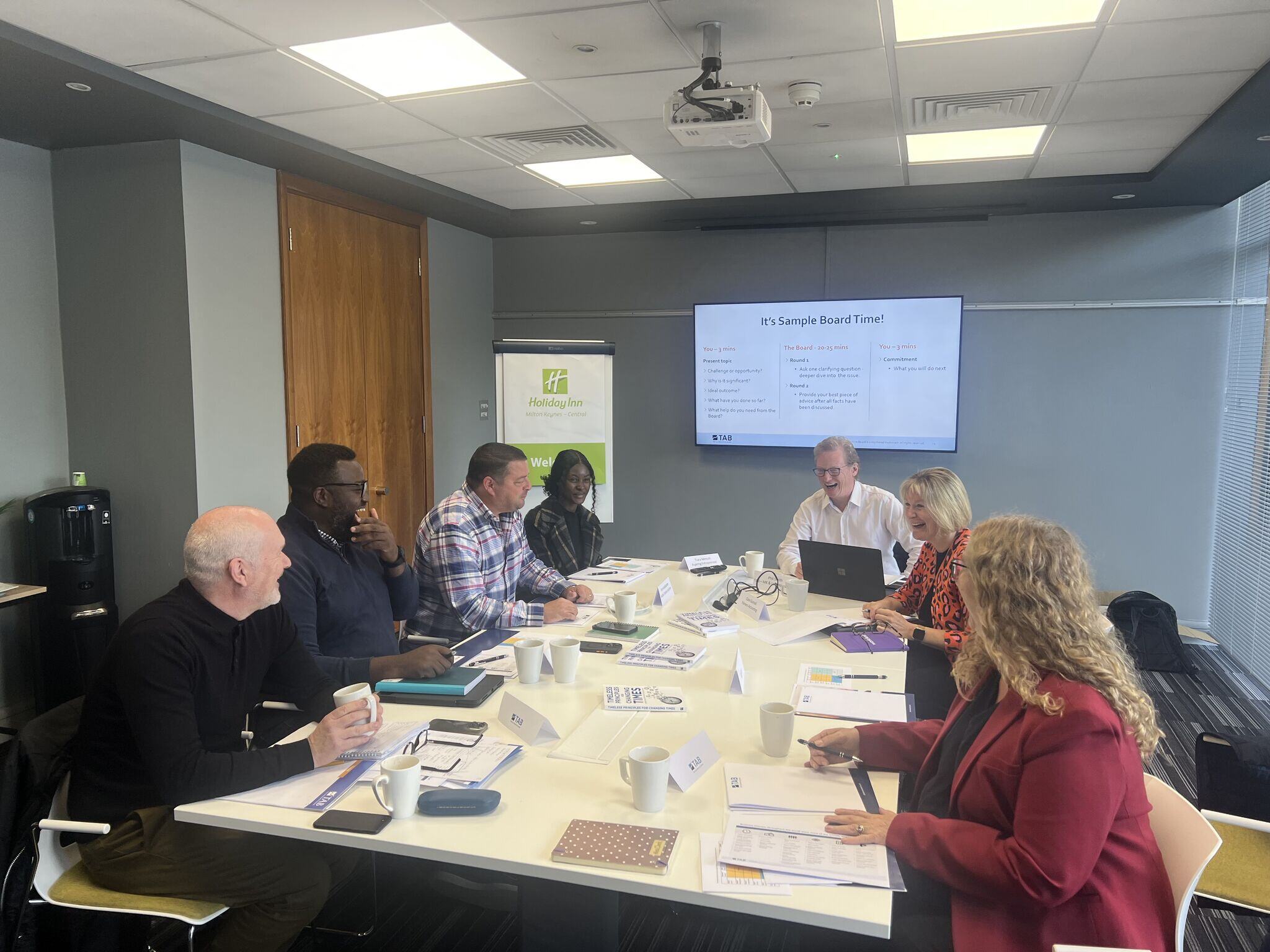
Everyone is a key worker
by Ed Reid
Listen to Audio Version:
I started writing this week’s blog on Wednesday morning. The papers were full of Joe Biden’s inauguration. Pictures of Donald Trump’s back. At last, said the Metro, it’s the back of Donald Trump.
Buried away at the bottom of the BBC news page was a story about French students. They’re protesting about the impact continuing lockdowns are having on their mental health. They could be protesting for some time: another of this morning’s stories suggested that Germany – the champion of an open Europe – is considering closing its borders.
Normally I wouldn’t bother you with the complaints of French students – but if there’s one subject that’s going to be on every business owner’s mind this year it’s mental health. When I first started writing this blog, mental health in the workplace barely registered. It’s gradually crept up the agenda – and now the pandemic has placed it firmly at the top.
I was watching the News the other night – Newcastle were live on Sky so the News seemed a good option – and an NHS consultant was speaking. His point was simple: while NHS staff were suffering now, he expected the real impact – especially on mental health – to come after the pandemic. When life returned to ‘normal…’
It's easy to see why.
We’ve all been there. Running on adrenalin as you try and get all your work done before you go on holiday. You make it – just. Then you go on holiday, relax, let your guard down – and get hit by a bug.
So the consultant is right. NHS staff are running on adrenalin right now as they fight the pandemic. One day it will be over. Life will go back to normal. And all the problems that have been bottled up for a year, maybe two years, will come out…
But will it be any different in the private sector? With all the focus on ‘key workers’ there’s been little mention of owners and directors of SMEs, or the people that work for them.
I see no reason why it should be any different. One day lockdown will end. One day there’ll be a semblance of normality. We’ll greet people not by touching elbows, or by leaping back in panic if they come too close, but – once more – by shaking hands.
And that’s when I expect the problems to start. I know any number of business owners who are running on adrenalin right now. I know plenty of people who have borrowed significant amounts of money to stay afloat, or even – as this entrepreneur puts it – “just to stay closed.”
This week – outside the NHS – there seems to be an unseemly scramble. Who are the ‘keyest’ key workers?
‘We are!’ say the police. ‘Give us the vaccine!’
‘No! We are!’ shout the teachers.
The firemen aren’t going to take that lying down. And it can only be a matter of time before Peston asks Matt Hancock if really, all things considered, Minister, aren’t journalists the keyest key workers?
You know what? We’re all key workers.
One day this will all have to be paid for. And it is only the private sector – our businesses – that will pay for it.
And in our businesses, everyone is a key worker. If they weren’t, you wouldn’t employ them.
Like the NHS staff, your key workers are running on adrenalin to keep the business afloat. They’re juggling home and work, childcare and a relationship, finding time to get to the supermarket and worrying when mum will get her vaccine.
According to this article on the BBC website, parents’ stress and depression rises during lockdown. You surprise me, Sherlock.
When this is all over and we’re back to ‘normal,’ we’re going to have to deal with that stress and depression. We’re going to have to deal with the long term emotional cost of Covid – and we’re going to have to cope with our own mental health.
If ever business owners needed the support of a peer group, it’s now. If ever they needed the support of friends and colleagues who are – and will be – dealing with the same challenges, it’s now.
If you need us, we’re here. If you need to talk, we’re here. If you need your friends and colleagues in TAB UK, they are there for you.
And now, if you’ll excuse me, I’ve no time to write any more. He’s been in contact with someone who’s displayed symptoms. My eldest son is self-isolating in his bedroom. Yes, my eldest teenage son. Those of you with teenage boys – who know how much they can eat – will empathise. ‘Poor old Ed. Up and down the stairs with sandwiches every hour.’
If only it were that infrequent.
Then again, I’ve never been fitter…
Related articles

The Men in the Arena
Ed explores the grit & determination of entrepreneurs, paralleling their journey with 'The Man in the Arena' speech, and how failure fuels success

The trick or treat style of business management
Happy Halloween! Here we explain the different between a trick or treat style of management. Do you discipline or reward your staff? Or both?

Let's Go Wandering
Jonathan O'Shea, our facilitator in Bristol, muses on how little we happen upon something new in this modern, digital world.





